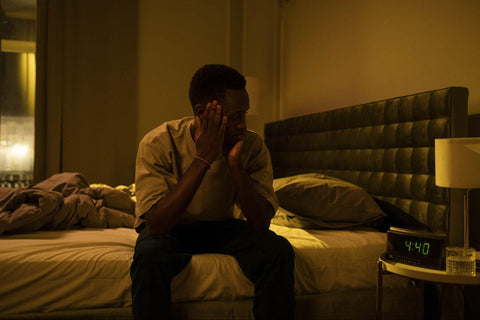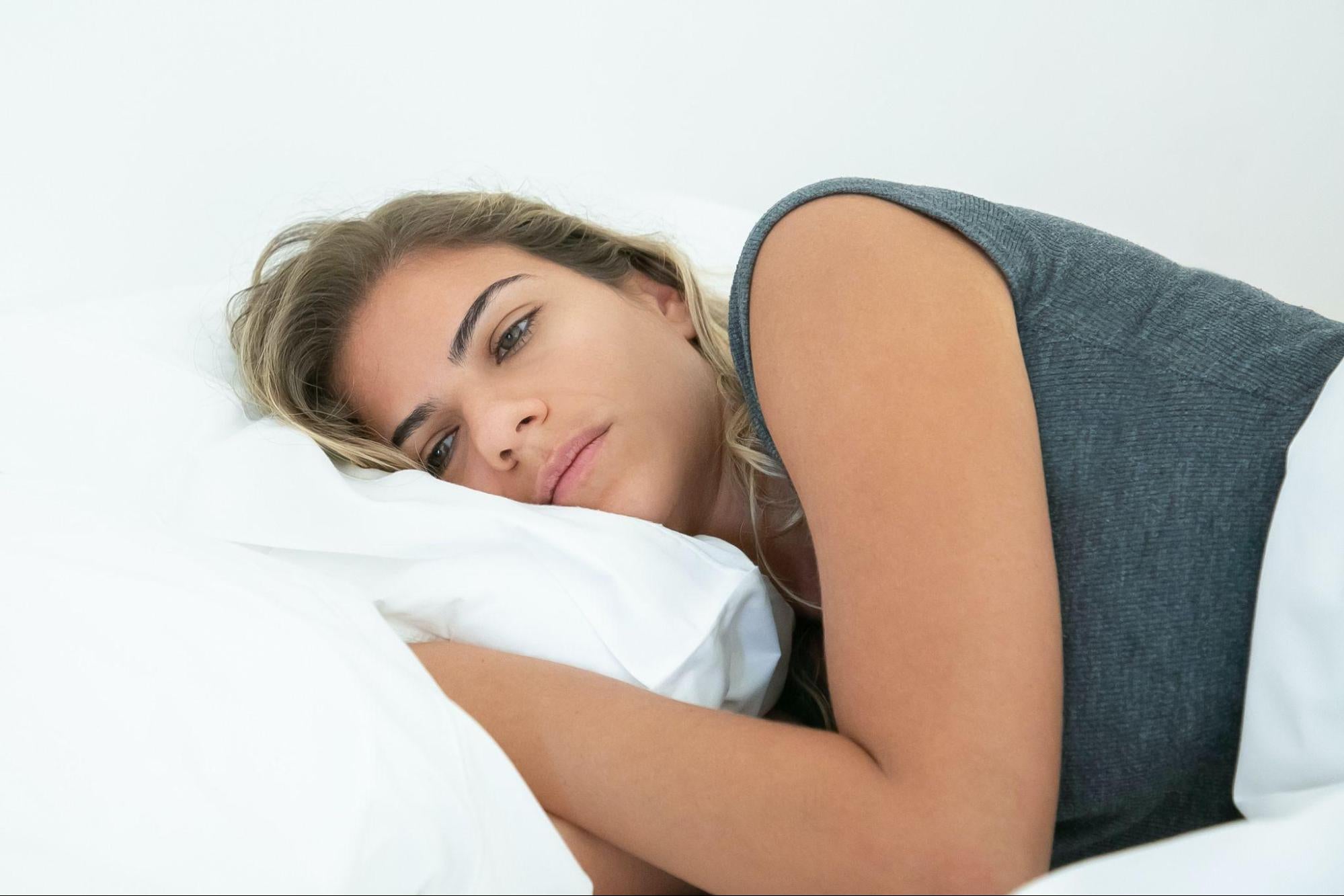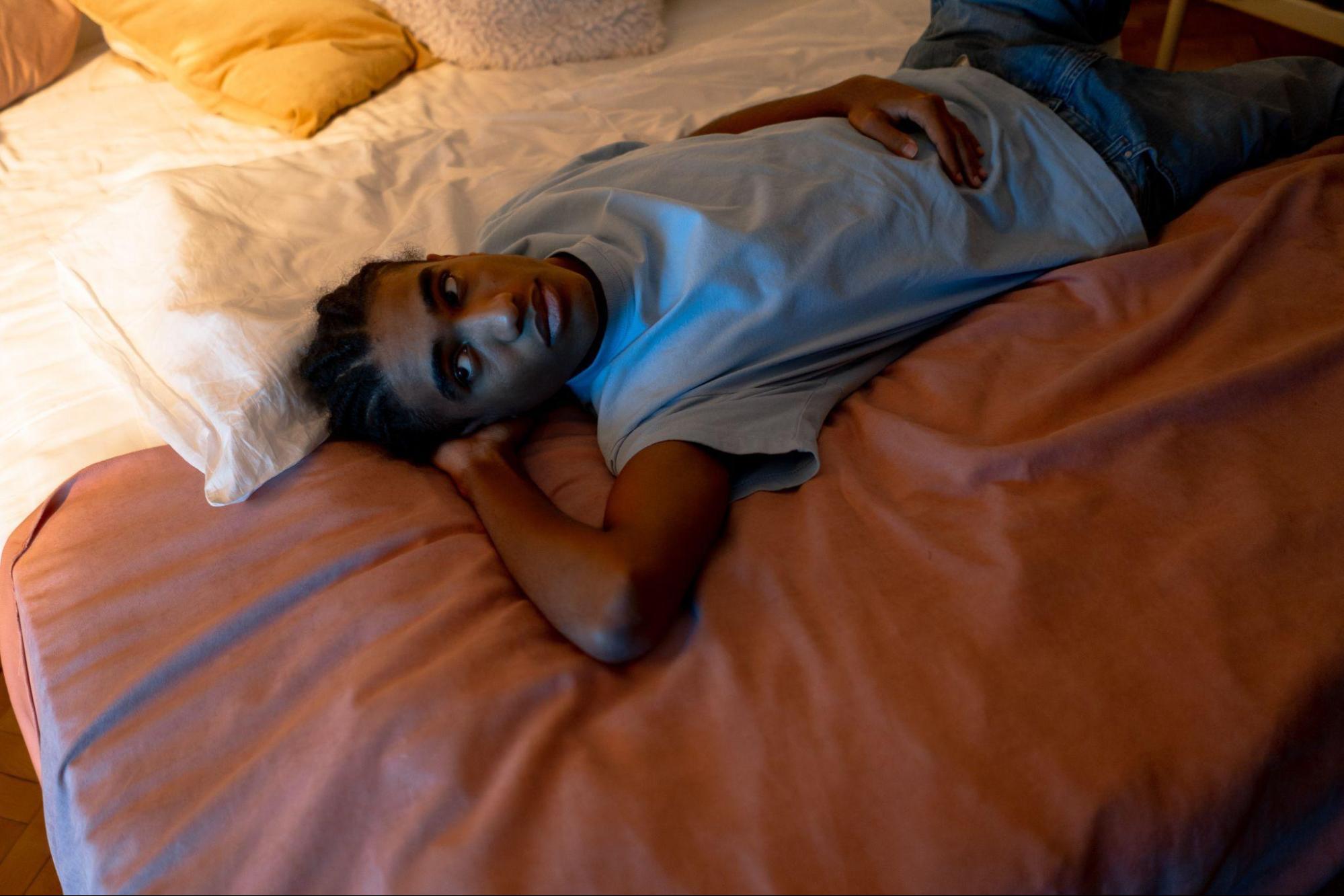For athletes, peak performance is the result of a harmonious blend of training, nutrition, mental preparedness, and, crucially, adequate rest. While the adrenaline of the game often pushes one to train harder and longer, neglecting proper sleep can have detrimental effects, potentially undermining years of dedication and hard work.
Sleep deprivation is more than just feeling tired; it's a significant impediment that can affect reaction times, decision-making abilities, recovery rates, and even increase the risk of injuries. The cascading effects of inadequate sleep can jeopardize an athlete's career trajectory. Continue reading to understand the profound impacts of sleep deprivation and how to safeguard your athletic aspirations from its insidious reach.
Related Link: Lower Back Fat: How to Get Rid of It
What is Sleep Deprivation?
Defining the Sleep Crisis
Sleep deprivation is a situation where an individual does not get enough rest over a prolonged period, leading them to consistently fall short of the recommended amount of sleep. This often implies getting less than the 7-9 hours of uninterrupted, quality sleep that adults, especially athletes, need each night. When people regularly miss out on this critical rest, those hours of lost sleep begin to pile up, pushing them into a deeper state of chronic sleep deprivation, which can have far-reaching impacts on their overall well-being and functionality.
The Underlying Causes
There are myriad factors contributing to sleep deprivation, each varying in nature and intensity. For athletes, the demanding nature of their profession can be a significant contributor. Rigorous and sometimes prolonged training sessions that extend into late hours, fluctuating competition schedules that interfere with regular sleep patterns, and the mental stress and anticipation associated with upcoming tournaments or events can all act as barriers to a full night's sleep. It is paramount for individuals, especially athletes, to pinpoint these causes because understanding the fundamental reason behind their sleep problems is often the initial, crucial step in formulating a solution and regaining that precious sleep balance.
Do you want to fuel your fitness journey with performance-optimizing gummies? Check out HUMBLEROOTS today!
Negative Impacts of Sleep Deprivation on Athletes
Physical Setbacks and Performance Decline
Sleep isn't just a time of rest; it's when the body heals and recovers. A consistent lack of this recuperative period can dramatically hamper an athlete's physical prowess. This manifests as reduced reaction speeds, compromised muscle repair rates, and heightened vulnerability to injuries. Additionally, attributes like stamina and physical strength, fundamental to an athlete, can also suffer a dip. This diminished physical capacity affects their game-day performance and lowers the quality and productivity of their regular training and practice sessions.
Mental Fatigue and Diminished Decision-Making Abilities
The consequences of sleep deprivation aren't limited to just physical drawbacks; the mind takes a significant hit as well. Cognitive abilities get clouded, leading to athletes finding it harder to focus and concentrate. This lack of mental clarity often translates into making less-than-optimal strategic choices during crucial game moments. But it doesn't stop at that. Sleep deprivation can also disturb emotional equilibrium. Insufficient sleep can cause mood swings, heightened irritability, and increased levels of stress and anxiety. Such emotional imbalances don't just affect the athlete individually but can strain team interactions and coherence.
Ways to Combat Sleep Deprivation
Establishing a Sleep Schedule
Routine and consistency form the bedrock of good sleep hygiene. It's imperative for athletes to make a concerted effort to sleep and rise at uniform times every day, regardless of whether it's a training day, game day, or even a weekend. Adhering to a set schedule tunes the body's internal circadian rhythm, enhancing both the quantity and quality of sleep one gets, and making them feel more refreshed and recharged upon waking.
Creating a Restful Environment
The ambiance of the place where one sleeps plays an instrumental role in determining sleep quality. To optimize their rest, athletes should consider investing in a comfortable mattress tailored to their needs and ergonomic pillows that support the neck and spine. Furthermore, elements like blackout curtains can be crucial in keeping disruptive external light at bay. Another overlooked aspect is noise; it's essential to ensure a quiet environment, free from disturbances. Additionally, in this digital age, electronic gadgets are omnipresent, but keeping them outside the bedroom can significantly minimize sleep disruptions, paving the way for a deeper, more restful slumber.
Related Link: How to Lower Body Fat Percentage Easily
Understanding Sleep Deprivation

The importance of sleep in an athlete's repertoire for success cannot be overemphasized. It's not just about getting rest; it's about recognizing the telltale signs when one is sleep-deprived, grasping the severe repercussions that follow, and taking deliberate, proactive measures to prioritize and protect one's sleep. The evolving landscape of sports has recognized the pivotal role of rest, and with the rise in acceptance and understanding of various remedies. Today's athletes are equipped with a broader array of tools and resources to ensure they perform at their zenith, irrespective of the arena they're in.
Related Link: 5 Best Over-the-Counter Sleep Aids Backed by Science




